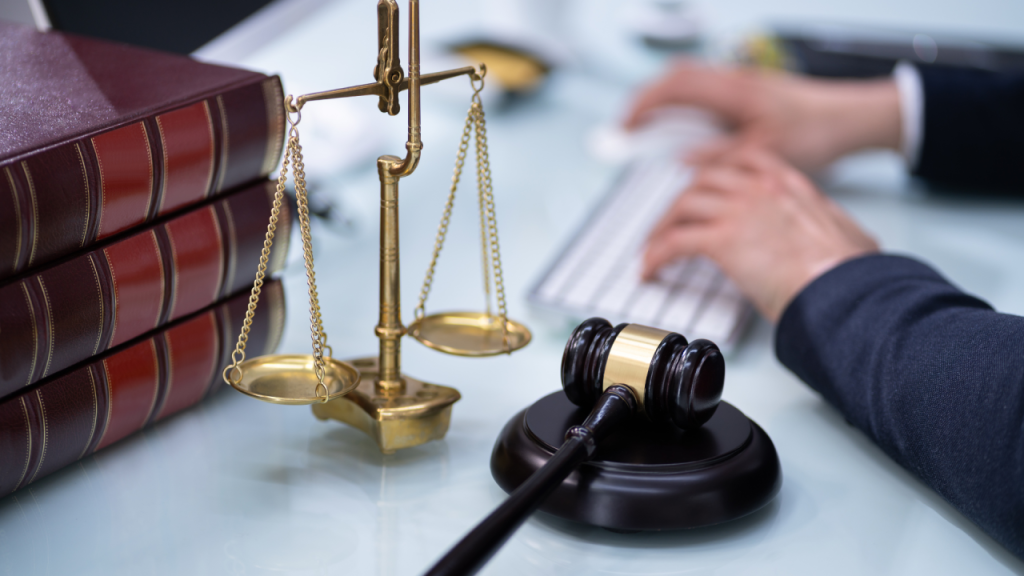Personal injury cases can be complex and overwhelming, especially for those who are unfamiliar with their legal rights and options. In this blog post, we’ll provide a comprehensive guide to help individuals understand their rights and navigate the process of seeking compensation for personal injury. Whether you’ve been injured in a car accident, slip and fall incident, or another type of accident, knowing your rights is crucial to securing the compensation you deserve.
Understanding Personal Injury: Personal injury refers to physical, emotional, or psychological harm suffered by an individual as a result of someone else’s negligence, recklessness, or intentional wrongdoing. Common types of personal injury cases include car accidents, pedestrian accidents, premises liability (such as slip and fall accidents), medical malpractice, and product liability.
Your Right to Compensation: If you’ve been injured due to the negligence or wrongful actions of another party, you have the right to seek compensation for your damages. Damages in personal injury cases may include medical expenses, lost wages, pain and suffering, emotional distress, and property damage. It’s important to understand that you have legal options available to pursue compensation for these losses.
Steps to Take After an Injury: After sustaining a personal injury, there are several important steps you should take to protect your rights and strengthen your potential claim for compensation:
- Seek medical attention: Your health and well-being should be your top priority. Seek medical treatment for your injuries as soon as possible, even if they seem minor at first.
- Document the accident: Take photographs of the accident scene, including any visible injuries, property damage, and contributing factors such as hazardous conditions or traffic signs.
- Collect evidence: Gather any relevant evidence, such as witness statements, police reports, medical records, and receipts for expenses related to your injury.
- Notify the appropriate parties: Report the accident to the relevant parties, such as your employer (if the injury occurred at work) or the property owner (in the case of a premises liability incident).
- Consult with a personal injury attorney: It’s advisable to seek legal guidance from an experienced personal injury attorney who can evaluate your case, explain your legal rights, and advise you on the best course of action.
Understanding the Legal Process: Navigating the legal process can be complex, but an experienced personal injury attorney can guide you through each step. The legal process typically involves:
- Investigation: Your attorney will conduct a thorough investigation to gather evidence, identify liable parties, and assess the extent of your damages.
- Negotiation: Your attorney will negotiate with the insurance company or opposing party to seek a fair settlement that compensates you for your losses.
- Litigation: If a settlement cannot be reached, your attorney may file a lawsuit and represent you in court to pursue compensation through a trial.
Conclusion: Seeking compensation for personal injury can be challenging, but understanding your rights and having the right legal resources can make all the difference. If you’ve been injured due to someone else’s negligence, don’t hesitate to seek the guidance of a qualified personal injury attorney. At Adams Fisher, we are dedicated to helping individuals seek justice and secure the compensation they deserve. Contact us today for a free accident related resources to discuss your case.

